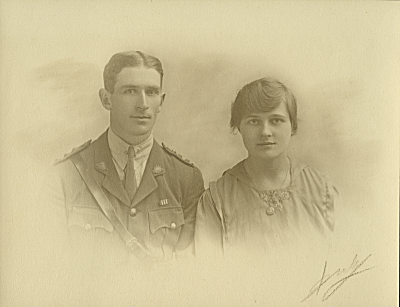

Studies here of stalwarts such as George Washington, Colin Powell, and Douglas MacArthur are unfailingly lively and altogether troves of well-chosen detail, but the resulting conflation of US and continental American history remains a little puzzling. Some of those conflicts even predate the founding of the US, and of the eight men whom Anderson and Cayton take as case studies of American imperialism in its various forms, three-Samuel de Champlain, Antonio López de Santa Anna, William Penn-weren’t Americans.

of Colorado Crucible of War, 2000) and Cayton (History/Miami Univ.), is that our national myth speaks against empire: “The rhetoric that justified the founding of the United States made inescapable connections between empire and tyranny.” Politicians and historians alike have thus tended to underplay the imperial dimension, “treating occurrences of jingoism like the war fevers of 1812, 1846, and 1898 as unfortunate exceptions to the antimilitarist rule of republicanism.” The reality, the authors continue, is that from the start, America, whose political ranks have always been filled with military folk used to military solutions to political problems, has been augmented and empowered by those spasms of war fever-previously played out in little, almost forgotten conflicts like the Seven Years’ War and the Mexican-American War. Part of the problem, write Anderson (History/Univ.

This consideration of American history suggests that empire-building by force has been the rule rather than the exception, even if Americans-or American historians-may not like to think so.



 0 kommentar(er)
0 kommentar(er)
